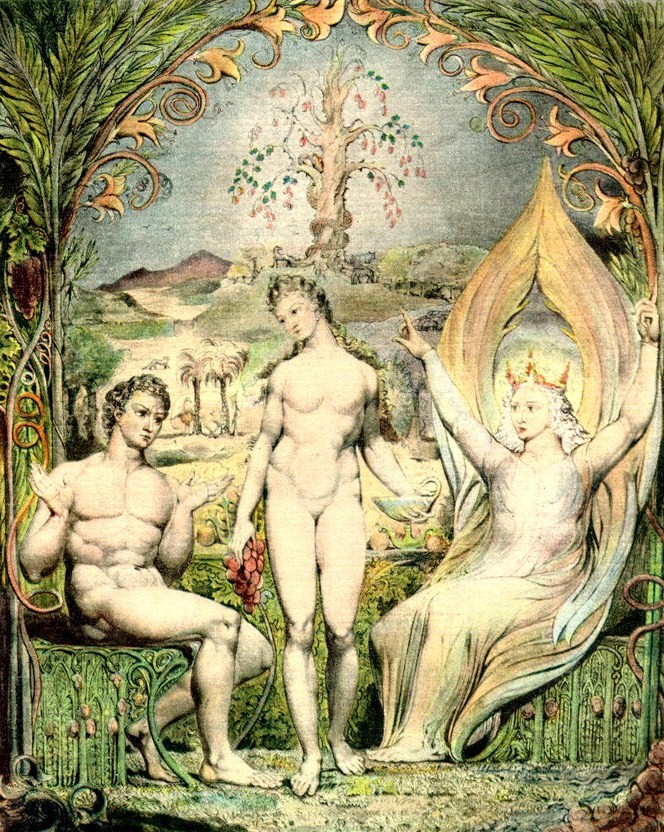
Clayton Chrusch responds to both Merv Nicholson and Russell Perkin on what makes Frye different.
I once argued with a Frye scholar about original sin. I claimed that Frye was the biggest apologist for the doctrine of original sin that I knew, and I was told I was completely mistaken, that Frye thought the doctrine was one of the worst ideas ever invented.
What I realized after that conversation was that Frye insists (like Blake) on the reality of the Fall, but never equates the Fall with original sin. As Frye puts it in Fearful Symmetry, the fall and creation are the same event. For Frye, it is self-evident that we live in a fallen world, and it is hard for me to imagine a sane person who would not agree with him. But that falleness is not the result of human sin, but rather the matrix of human sin. There is no primordial guilt for Frye. I think Frye in general had little interest in guilt, and that is not because he denied the reality of sin, but like Blake, he accepted the reality of sin but denied the reality of Judgement (this is probably his biggest departure from orthodoxy).
As for desire, it seems to me that his abandonment of the term, in favour of “concern,” was an attempt at greater precision, but it seems to correspond with a loss of some of the explosive energy we see in his Blake book.
But even in Fearful Symmetry, I don’t think desire is seen as a good in itself. Rather, what is good is action, and action is conceived of as desire seeking form. And there are even more caveats. If the desire is to frustrate or impede action, the resulting action is not worthy of the name. And desire that is not acted upon is pestilent.
And also it is specifically the desire feeding creation that is good. Any desire for a created thing is “the cry of a mistaken soul”. Even the erotic delights of Beulah are temporary and must give way either to creation or alienation.

Clayton, Can one separate the idea of the Fall from original sin? If, as Philip Larkin puts it, “Man hands on misery to man. It deepens like a coastal shelf,” then we are all involved in the state of fallenness, or as you put it, fallenness is “the matrix of human sin.” But isn’t that one way of understanding the doctrine of original sin? It’s not so much a question of guilt as of needing grace. That is certainly expressed in the doctrine of baptism: “Confiteor unum baptisma in remissionem peccatorum.” In the words of the Catholic Encyclopedia, “Original sin is the privation of sanctifying grace in consequence of the sin of Adam.” Frye’s lack of interest in the concept of guilt might be the result of the way that an influential strain of Augustinian teaching has equated original sin with sexual desire.